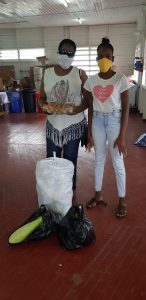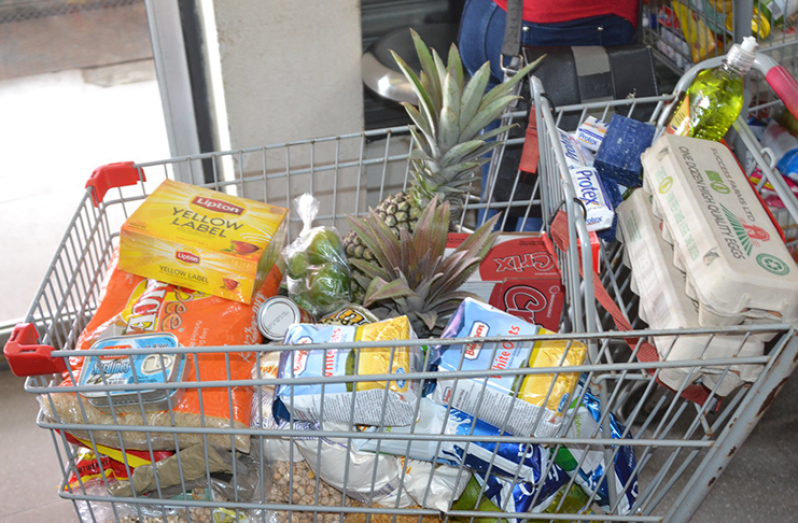– in bid to make Phase 2, and beyond even more successful
THE Civil Defence Commission (CDC) on Wednesday concluded a two-day “SWOT Analysis Workshop” to review Phase One of the COVID-19 Public Assistance Programme (PAP), and evaluate what improvements could be made as provisions begin for Phase Two of the programme.
The workshop was conducted with the aim of enhancing the effectiveness of the COVID-19 assistance programme, so as to improve understanding of roles and responsibilities among implementing partners and key stakeholders, and to conduct a review of the current measures, so that the next steps could be identified.
A SWOT Analysis is a study undertaken by an organisation to identify its internal strengths and weaknesses, as well as its external opportunities and threats.
The need for greater involvement and more sensitisation of local-government organs, and the implementation of a more comprehensive public relations campaign to properly sensitise the public were some of the recommendations that came out of the workshop.
There was also a call for the Regional Democratic Councils (RDCs), as well as Neighbourhood Democratic Councils (NDCs) to be armed with the relevant information, so that they can play a more useful role in the programme, in collaboration with non-governmental organisations and faith-based organisations.

The need for greater cooperation and coordination between the public and private sectors to ensure the timely reimbursements to suppliers who need to cash their vouchers received, were also highlighted. Also identified was the need for more robust marketing, encouraging greater submissions of Expression of Interest from a larger number of suppliers across a wider area, while there is also the suggestion for the establishment of a help desk to deal with inquiries both by applicants and suppliers.
The workshop was attended by representatives from all of the collaborating agencies that are partnering to carry out the programme.
Phase One of the programme was led by the Ministry of Human Services and Social Security (MoHSSS) and the Ministry of Finance (MoF), and involved the National Data Management Authority (NDMA); Ministry of Local Government and Regional Development (MoLG&RD); and Ministry of Amerindian Affairs (MoAA), with the CDC providing critical support.
Over 22,000 applications have been received so by the programme since it was initiated, with Phase One seeing some 1,754 households being shortlisted for vouchers in coastal communities and townships, while 5,101 hinterland households were shortlisted for direct food hampers.
Eligible persons living on the coastland received the vouchers via the Post Office’s registered mail system and were required to sign upon receiving them.
The vouchers were used at several supermarkets across the country whereby the recipients are provided with fresh foods, dry ration and sanitation items. Eligible hinterland residents received packaged hampers, which cater to their Indigenous diets.
To date, 1,645 vouchers have been en-cashed by beneficiaries, while 2,315 care packages have been distributed to hinterland communities in Regions One (Barima-Waini); Eight (Potaro-Siparuni); and Nine (Upper Takutu-Upper Essequibo).
It was back in May that the government of the day launched a data collection mechanism, which is aimed at identifying and providing tangible support for vulnerable households affected by the outbreak of the Novel Coronavirus COVID-19 here.
The Online process commenced on Wednesday, May 20, 2020, and the manual submissions were scheduled to begin by May 27, 2020. Following the submission of an application, shortlisted applicants were contacted following a verification process before the support was released. Only eligible applicants will receive the assistance.
The assistance is being rendered on a needs basis, thereby ensuring that the most affected persons are reached and supported.
The initiative targets single-parent households; households in which one or more persons suffered a loss of income due to COVID-19; and households that are managed by elderly persons, or persons living with disabilities.



.jpg)











